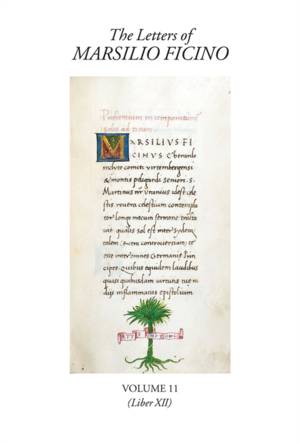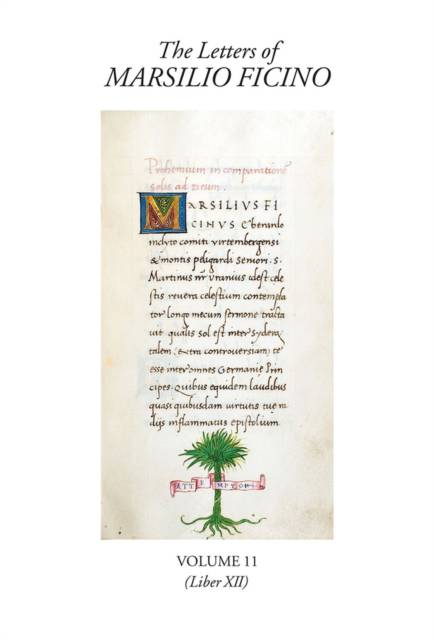
- Retrait gratuit dans votre magasin Club
- 7.000.000 titres dans notre catalogue
- Payer en toute sécurité
- Toujours un magasin près de chez vous
- Retrait gratuit dans votre magasin Club
- 7.000.0000 titres dans notre catalogue
- Payer en toute sécurité
- Toujours un magasin près de chez vous
63,45 €
+ 126 points
Description
The letters of Marsilio Ficino that appear in this volume cover the period from autumn 1492 to the spring of 1495, when they appeared in print. A few related or later items are included in an Appendix. In the 1490s, Ficino was occupied with the political upheavals in Florence, and much of his effort was concentrated on trying to bring people back into dialogue with one another, in the hope of finding a more constructive outlook. Many of the letters in this book are covering letters to accompany copies of his work On the Sun, which considers the sun in its many aspects: as a heavenly body, a physical life force, a source of inspiration, and an allegorical representation of the governing power in the universe. Other important letters include advice on coping with the evils of the time, the responsibilities and privileges of the philosopher, a reiteration of the importance of love, and further reflections on the theme of light. We note the increasing presence of friends in German lands, where several of his works were now being published. He also writes to friends in the French court. One unusual letter tackles a religious question: Ficino was moved to intervene in an argument on the degree to which the Platonic philosophers of old anticipated aspects of the Christian Trinity. Another controversy relates to the status of astrology, for which Ficino claims only a modest place despite his own writings on the subject. In a related letter on Providence he again returns to the evils the city is experiencing and how these might best be met. Facing one of those evils head on, Ficino composed an address to the French King whose armies were threatening Florence. It is not known whether this address was delivered in the presence of the king during the meeting which Ficino and others attended, but it lies on record as a genuine attempt to resolve hostilities. The book consists of 272 pages plus an 8-page plate section.
Spécifications
Parties prenantes
- Traducteur(s):
- Editeur:
Contenu
- Nombre de pages :
- 280
- Langue:
- Anglais
- Collection :
Caractéristiques
- EAN:
- 9780856835193
- Date de parution :
- 03-01-21
- Format:
- Livre relié
- Format numérique:
- Genaaid
- Dimensions :
- 163 mm x 231 mm
- Poids :
- 589 g

Les avis
Nous publions uniquement les avis qui respectent les conditions requises. Consultez nos conditions pour les avis.





